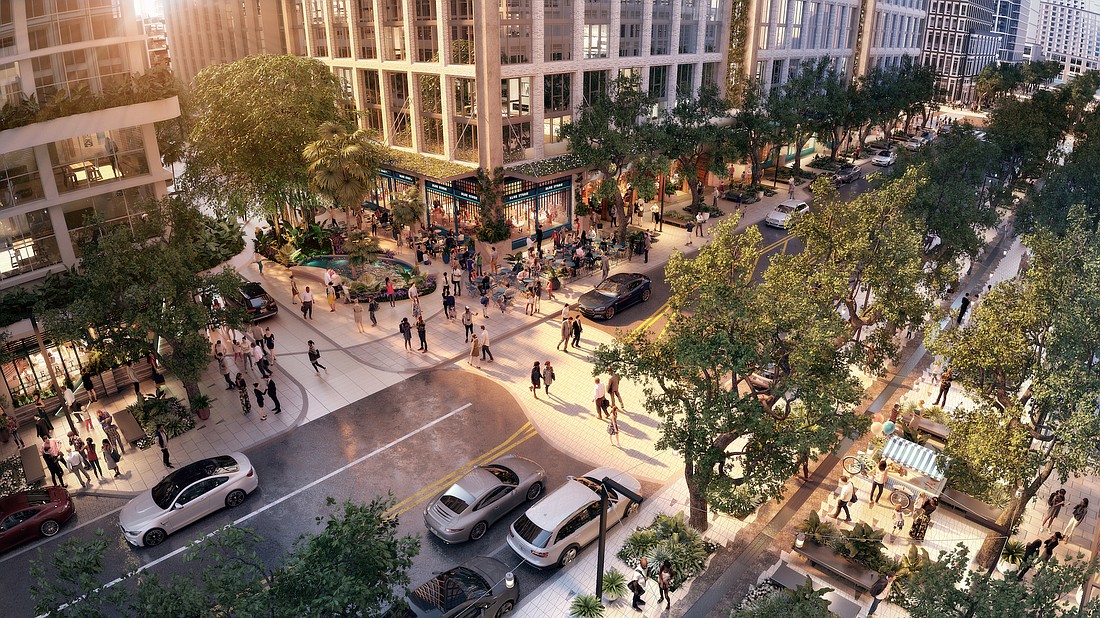- April 5, 2025
-
-
Loading

Loading

Tampa ranks as one of the best cities for future commercial real estate development, according to a new report from brokerage firm CBRE Group.
In its inaugural “U.S. Development Opportunities Index,” Tampa ranked 18th overall among the Top 50 U.S. cities, with a score of 77.79. By comparison, Atlanta was considered the best place to develop going forward, with a score of 83.81.
Orlando was ranked No. 4 nationwide, with Dallas, Seattle, Phoenix, Denver, Raleigh, Houston, Austin and Charlotte, N.C., rounding out the Top 10 based on growth over the past decade and projections for future growth through 2023.
In addition to Tampa, in Florida Miami came in at No. 12 in CBRE’s index, while West Palm Beach was ranked 28th; Fort Lauderdale 29th; and Jacksonville placed 30th for future development opportunities.
“Having proven itself fairly resilient, Tampa has experienced minimal job losses when compared to other major U.S. markets, likely due to impressive in-migration from firms and families seeking a high quality of life with relative affordability,” CBRE notes.
Tampa’s office market was ranked the 12th best for future development, fueled in part by office employment that is projected to grow by 6.3% between last year and the end of 2023. Orlando, by comparison, was ranked 9th.
Perhaps surprisingly, the city’s multifamily rental market came in at No. 17, behind Miami and San Francisco’s prospects, on the strength of an anticipated 3.7% growth in population in Tampa through the end of 2023.
Tampa’s retail sector also is slated to fare well, thanks to a project 8.3% forecast in increased retail spending through the next three years.
Even so, CBRE contends the repercussions of COVID-19 will be with U.S. markets for the foreseeable future and govern how and what is developed.
“Future buildings will emphasize wellness components, such as water quality, air quality, natural light and non-hazardous building materials,” CBRE’s index states.
Additionally, tenants will look for buildings with enhanced ventilation filtration systems, touchless technologies for doors, elevators, restrooms, lighting and other systems that could prevent the spread of COVID-19 or other infectious viruses in the future.
Installing these improvements could add increased costs to both ground-up and retrofit projects, CBRE warns.
But the brokerage firm says “opportunities are broad and well dispersed,” with office leasing outpacing the aftermath of the economic recession that began in 2008.
Still, CBRE seems to stop short of predicting a “V-shaped” recovery for commercial real estate, at least for many U.S. markets.
“Conditions will remain choppy in the short term,” CBRE states.